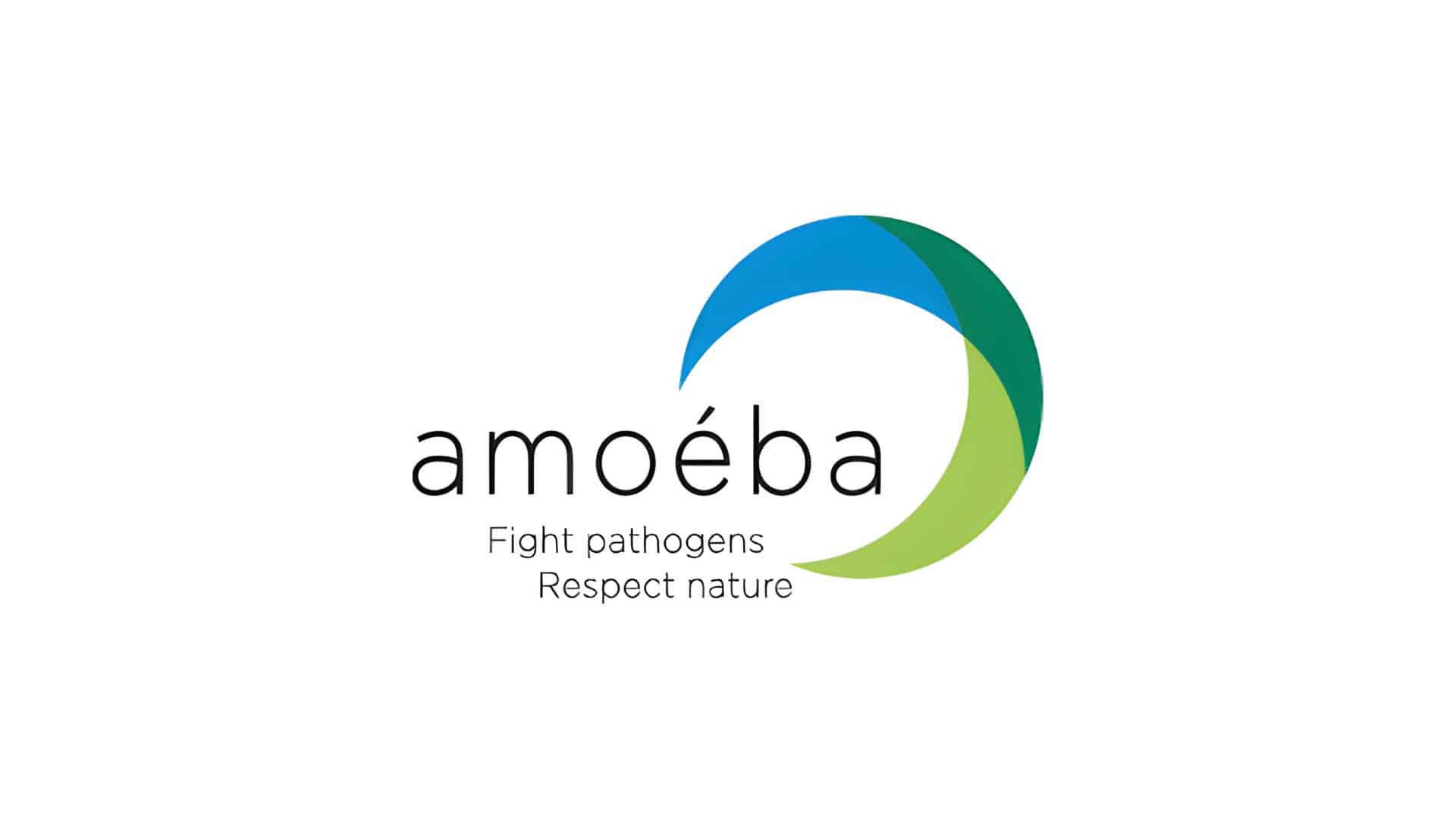Key Takeaways
- Amoéba received the gold medal at the SIVAL Innovation 2026 Competition for its biocontrol solution.
- The company confirmed plans to commercially launch its solution in 2026 with partner Koppert.
- AXPERA, to be marketed as TIAGAN for viticulture, targets vineyards and vegetable crops.
- The solution has gained regulatory, commercial, and industry recognition across Europe and the U.S.
- Amoéba is preparing production scale-up ahead of expected market authorisations in 2026.
Amoéba Recognised at SIVAL for Biocontrol Innovation
Amoéba, a France-based greentech company specialising in microbiological solutions using patented amoebae technology, has recapped its participation at SIVAL, the International Exhibition of Plant Production Techniques held in Angers. During the event, Amoéba was awarded the gold medal in the SIVAL Innovation 2026 Competition for its biocontrol solution AXPERA, presented in the category “plant health, soil and growing media.”
The jury evaluated 34 innovations across seven categories, with AXPERA recognised for its scientific approach to sustainable fungal disease control. The award was presented on 14 January during a dedicated ceremony.
“Receiving the SIVAL d'Or in Angers a few months after receiving the Bernard Blum Award in Basel is a source of great pride for the Amoéba teams,” said Jean-François Doucet, CEO of Amoéba. “We must make these effective alternatives available to farmers.”
Commercial Launch Planned With Koppert in 2026
Alongside the award, Amoéba and its partner Koppert announced plans to commercially launch the biocontrol solution in 2026, subject to regulatory approvals in targeted European countries. At SIVAL, Koppert also confirmed the international launch of the TIAGAN brand, which will replace AXPERA for viticultural applications.
The solution is designed for use in vineyards and vegetable crops, both in greenhouses and open fields. According to Amoéba, AXPERA has demonstrated strong performance against grapevine downy mildew, enabling growers to reduce copper usage in line with regulatory requirements.
Regulatory and Commercial Milestones in 2025
Key Developments Supporting Market Readiness
Amoéba highlighted several milestones achieved in 2025:
- Approval of the active substance lysate of Willaertia magna C2c Maky as a low-risk substance across all 27 EU Member States.
- A five-year exclusive distribution agreement with Koppert covering 18 European countries and the United States.
- Market authorisation for AXPERA in the United States.
- Receipt of the Bernard Blum Gold Medal, the highest distinction for biocontrol innovation.
- Signing of a Memorandum of Understanding with Syngenta to develop biocontrol solutions for cereals and field crops in the EU and UK.
The company was also featured in early 2026 by CNN’s Innovate series, which highlighted Amoéba for its environmentally focused innovation.
Preparing for Production Scale-Up Of Amoéba
Amoéba is currently awaiting marketing authorisations for TIAGAN in nine European countries, with decisions expected in the first half of 2026. In parallel, the company is investing in its contract development and manufacturing partners to prepare for production ramp-up.
“We are particularly satisfied with our presence at SIVAL,” Doucet said. “While awaiting marketing authorisations, we are working closely with our partner Koppert and our subcontractors to prepare for the ramp-up in production.”


